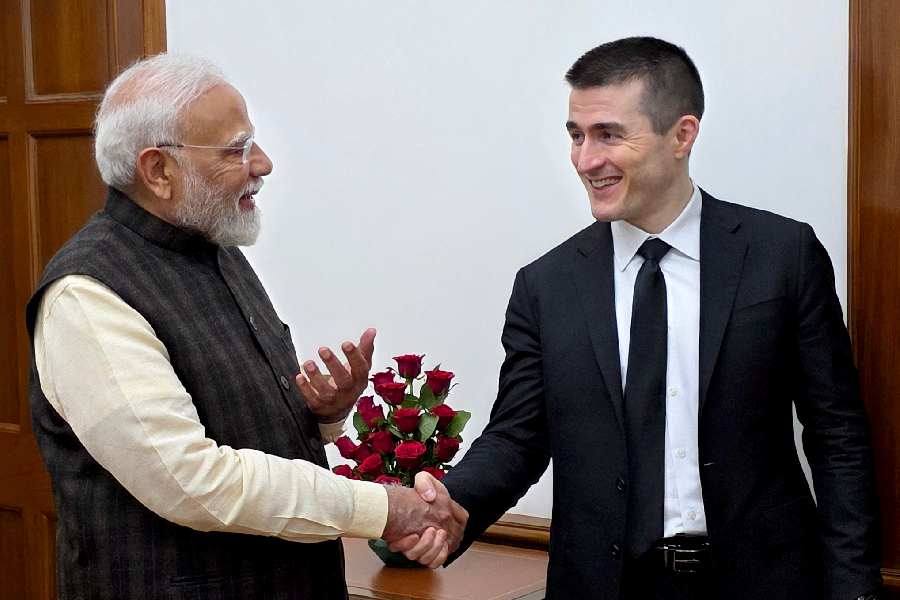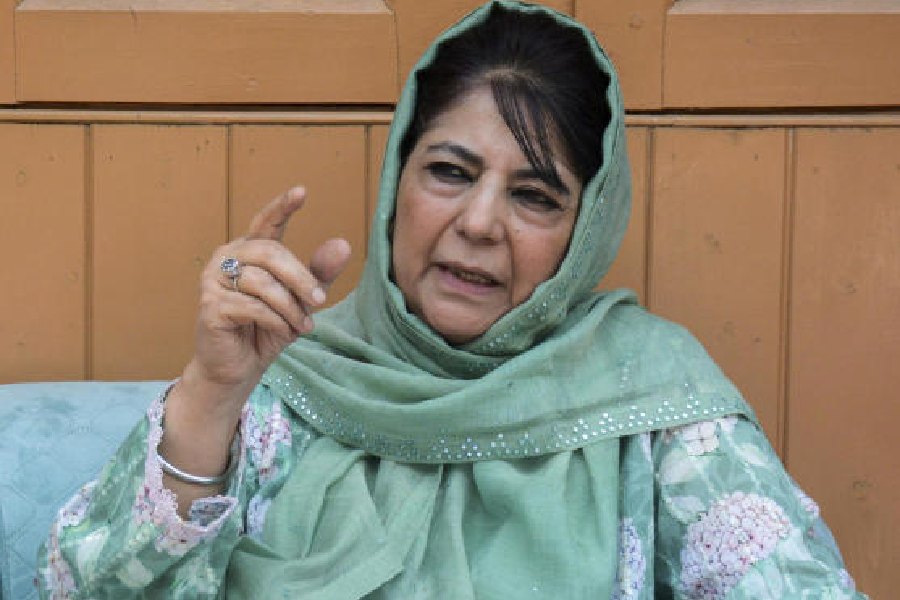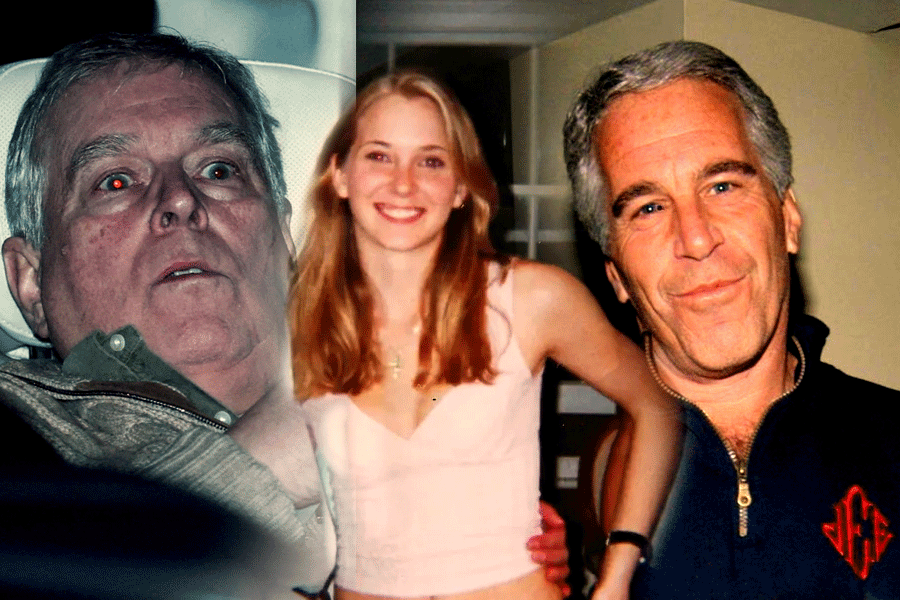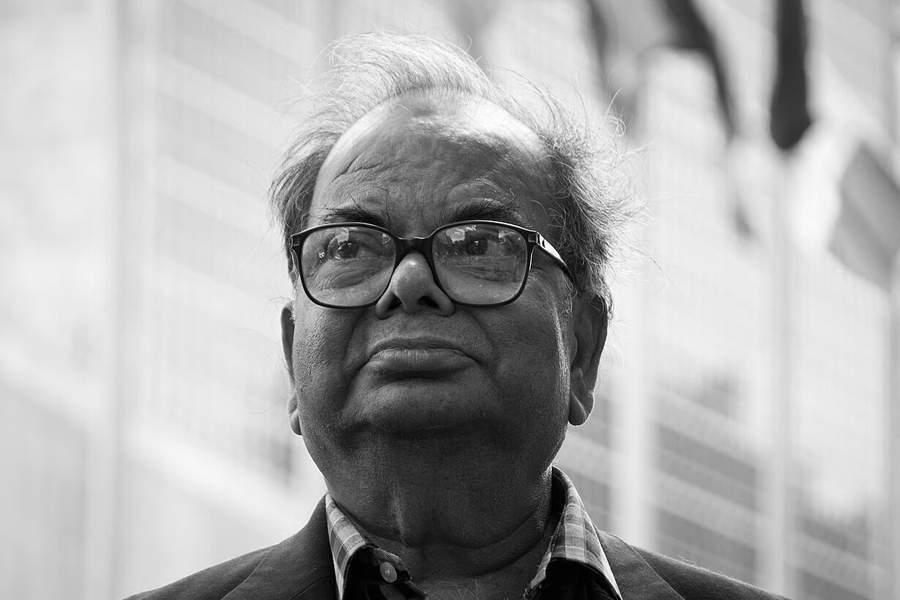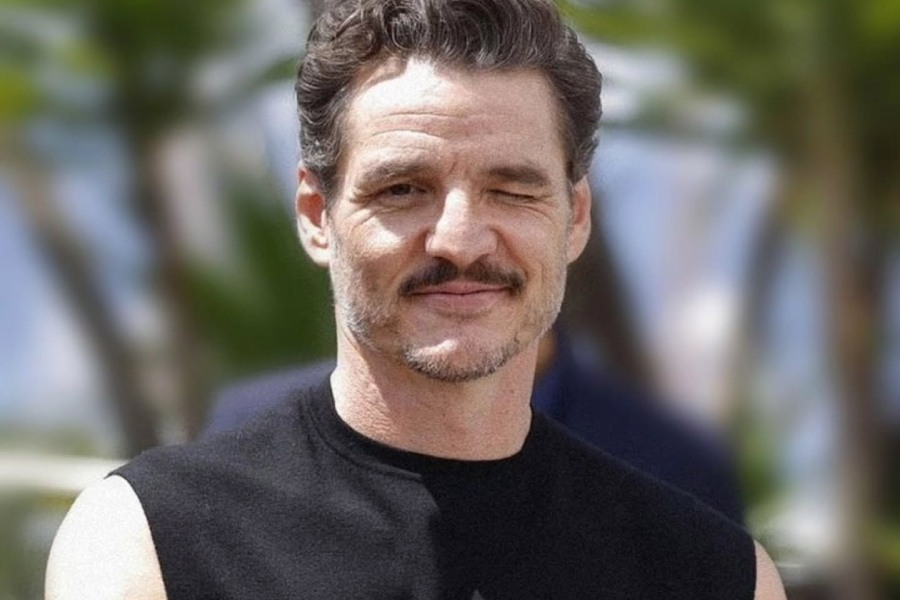After years of carefully crafting his media appearances, PM Modi finally has another podcast to his name. After a freewheeling chat with Zerodha co-founder Nikhil Kamath in January, the Indian Prime Minister is now part of a three-hour-long interaction with American scientist Lex Fridman. The podcast dropped earlier today.
PM Modi opened the podcast with a message for neighbours Pakistan. He said, "We sincerely hope that wisdom prevails upon Pakistan and they choose path of peace; even people of Pakistan long for peace."
Modi said that he had invited Pakistan for his swearing-in ceremony to turn over a new leaf, but "but each attempt at peace was met with hostility and betrayal."
Speaking on India’s stance on peace, Modi stated, “Whenever we speak of peace, the world listens to us because India is the land of Gautam Buddha and Mahatma Gandhi.”
Deep connection with India
The Prime Minister also emphasised his deep connection with the people of India, stating, “My strength lies not in my name but in the backing of 1.4 billion Indians and the country’s timeless culture and heritage. When I shake hands with world leaders, it’s not Modi but 1.4 billion Indians doing so.”
Modi also reflected on his early life, highlighting the hardships he faced. He recalled his childhood in poverty, saying, “My childhood was spent in extreme poverty. I collected used chalk in school to polish my white canvas shoes.”
On criticism and democracy, Modi asserted, “I welcome criticism; I have a strong belief that it is the soul of democracy.”
During the conversation, Modi also referred to a higher purpose behind his leadership. “I’m here for a purpose, sent by a higher power, but I am not alone; the one who sent me is always with me,” he said.
Mutual trust with Trump
PM Modi said he shares a bond of mutual trust with US President Donald Trump and they connect well because they believe in putting their respective national interests above everything else.
Modi hailed Trump as a man of courage, who took his own decisions, was unwaveringly dedicated to the United States and the same spirit was on display when he was shot at by a gunman on the election campaign trail last year.
The prime minister said President Trump appeared far more prepared than before in his second term.
"He has a clear roadmap in his mind with well-defined steps, each one designed to lead him toward his goals," Modi said on Trump's second term as President.
The prime minister said he had the chance to meet members of Trump's team during his recent visit to the US.
"I truly believe he has put together a strong, capable group. And with such a strong team, I feel they are fully capable of implementing President Trump's vision," Modi said.
Constant criticism for PM
Throughout his ten years as Prime Minister, Modi has drawn criticism for his reluctance to face unscripted media interactions. Even West Bengal Chief Minister Mamata Banerjee highlighted this pattern last year, challenging Modi to a press conference where journalists could "freely ask their questions."
"Prepare a dais. Come with your teleprompter, as you can't speak without it. I won't have anything and I shall be alone. You may bring 10 officers along," Banerjee said at an election rally in May 2024.
Modi's most recent presser happened at the White House when he visited Donald Trump earlier this year.
Before that, he had held only one press conference during his decade in power, which came five days before the 2019 election results.
Even then, he addressed the media briefly before diverting questions to Amit Shah, who was then the BJP president. Modi justified this approach by stating that "being a disciplined soldier of the party," he couldn't answer questions when the party president was present.
'Scripted' interviews
Instead of press conferences, Modi has preferred one-to-one interviews with journalists widely perceived as favorable to his government. Before the general election last year, he gave dozens of such interviews to national TV channels and major newspapers.
A particularly notable example was his interview with India Today/Aaj Tak, where four top anchors - Rahul Kanwal, Sudhir Chaudhary, Sweta Singh, and Anjana Om Kashyap - sat with him. The media house later described the interview as the Prime Minister giving "straight talk" while answering "the toughest questions with a smile."
Opposition parties have characterised these interviews as "scripted," alleging that questions and answers are pre-decided.
Journalists interviewing Modi rarely ask follow-up questions or challenge his statements, even when making extraordinary claims - such as his assertion that he is "convinced that his birth was not biological" and that "God has sent me."
When questioned about his avoidance of press conferences during an interview with Aaj Tak, Modi provided an elaborate response that critics say didn't directly address the question.
"Most of the time, the media has been used [by those in power]. This has become a culture now. They think you don't need to do anything, just control the media and tell them what you want to say, and it will spread around the country. I don't want to follow that path. I want to work hard. I want to reach the poor people's doorsteps," he said.
'New work culture'
Modi argued that he has "introduced a new work culture" and highlighted that direct communication with people is now possible without involving the media.
"Today, you have to talk to the public. There is two-way communication. The public can also speak without the media," he stated.
He further claimed that "today's media is not what it used to be," suggesting that journalists are now identified with their personal views rather than being "faceless" as they were in the past.
Modi made a rare exception to his press-avoidance stance during a visit to the White House in June 2023, where he took questions from journalists. However, this came only after intense negotiations, with Indian officials agreeing to the event just a day before it took place.
According to sources familiar with the arrangements, Biden administration officials had to explain to Modi's advisers that taking questions from the media was a standard part of White House state visits. Even then, the format was more limited than typical press conferences held with foreign leaders.
When pressed on human rights concerns by an American reporter, Modi defended India by saying "democracy runs in our veins" and insisting that there is "absolutely no space for discrimination."
Looking back: Podcast with Kamath
Modi's first podcast with Nikhil Kamath in January showcased a different approach to media engagement. The over two-hour conversation allowed Modi to speak at length about his childhood, his time as Gujarat Chief Minister, his vision for India's future, and personal anecdotes.
"This is my first podcast. I don't know how it'll go with your audience," Modi told Kamath during the interview, acknowledging his entry into this new medium.
The podcast format provided Modi with a platform to present himself in a more personal light, sharing stories about washing his family's clothes as a child, his connection to a Chinese philosopher who once visited his hometown, and his experience navigating the aftermath of the 2002 Godhra train burning incident.
Modi also used the platform to outline his vision for "Viksit Bharat" (Developed India) by 2047, emphasising his focus on "Aspirational India" as the driving force behind his governance.
Decline in press freedom in India
Modi's media strategy has coincided with a steady decline in press freedom in India. According to the Press Freedom Index published by Reporters Without Borders, India ranked 140 out of 180 countries in 2014 when Modi first came to power. By 2024, India's position had slipped to 159.
The organization cited violence against journalists and a partisan media landscape as reasons that "press freedom is in crisis in the world's largest democracy."
"With an average of three or four journalists killed in connection with their work every year, India is one of the world's most dangerous countries for media," the report stated.
Several media outlets critical of Modi have faced tax searches, most notably the BBC after it aired a documentary examining Modi's role in the 2002 anti-Muslim riots in Gujarat. The Indian government invoked emergency powers to block the documentary from being shown in the country.
Congress leader Rahul Gandhi has been vocal in his criticism of Modi's media approach, alleging that some interviews are "scripted" and questioning media authenticity under BJP rule.
"The media are under certain constraints. In their heart, they know what is happening. They come to me, saying we can't do much... hawa badal gayi hai (the situation has changed)," Gandhi had said in 2017.
Opposition parties have consistently characterised Modi's media avoidance as undermining India's democratic traditions, creating what they describe as an "atmosphere of dictatorship" where critical questioning is discouraged.
Whether this approach will satisfy critics who demand more accountability through unscripted press conferences remains to be seen. For now, Modi's podcast appearances offer a window into his thinking that traditional media interactions have rarely provided — even as they raise questions about the future of press freedom and political accountability in the world's largest democracy.

